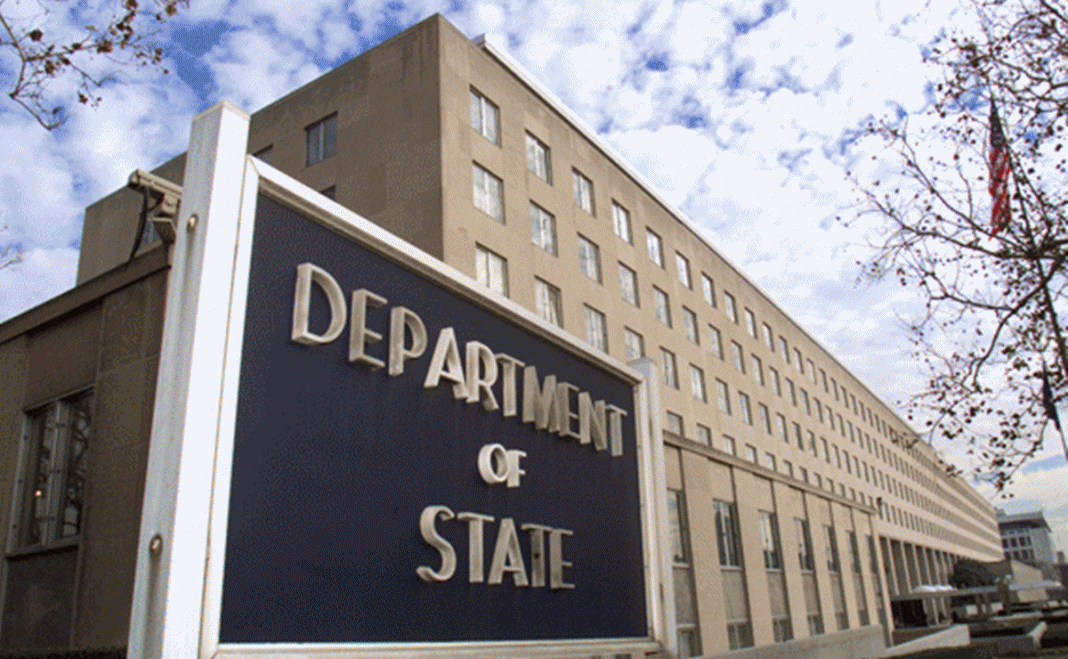The US State Department has highlighted violations of religious freedom committed by the Turkish government in its annual International Religious Freedom Report for 2017, released on Tuesday.
The report said that since a July 2016 coup attempt, the government has dismissed or suspended from state institutions in excess of 100,000 government officials, including more than 4,000 staff members of the Directorate of Religious Affairs (Diyanet), for alleged links to the Gülen movement, which the government accuses of orchestrating the failed coup.
Based on data provided by the Ministry of the Interior, the report stated that authorities had arrested more than 50,000 individuals since the coup attempt on alleged terror-related grounds.
The report said the Turkish government also continued to detain some foreign citizens for what it stated were potential links to the Gülen movement. In August an İzmir judge added related charges to the original December 2016 indictment of an American Protestant pastor detained since October 2016.
According to the report the Turkish government led by President Recep Tayyip Erdoğan continued to limit the rights of non-Muslim minorities, especially those it did not recognize as covered under the 1923 Lausanne Treaty.
It also continued to treat Alevi Islam as a heterodox Muslim “sect” and to refuse to recognize Alevi houses of worship. The government in addition closed two Shia Jaferi television stations based on allegations of spreading “terrorist propaganda.”
Alevis have expressed concern about security and said the government had failed to meet their demands for religious reforms.
In July the Ministry of Education implemented an extensive revision of the school curriculum, which secular individuals and other citizens said increased the Sunni Muslim content in the textbooks and undermined the country’s secular education system.
Religious minorities said they continued to experience difficulties obtaining exemptions from mandatory religion classes in public schools, operating or opening houses of worship and in addressing land and property disputes. The government also restricted minority religious groups’ efforts to train their clergy.
Alevis continued to face anonymous threats of violence. Threats of violence by Islamic State in Iraq and the Levant (ISIL) and other actors against Jews, Protestants and Sunni Muslims also persisted. Anti-Semitic discourse continued, as some pro-government news commentators published stories seeking to associate the 2016 coup plotters with the Jewish community. These commentators also sought to associate the Orthodox ecumenical patriarch with the coup attempt. Unidentified assailants vandalized some Protestant, Orthodox, Catholic and Alevi places of worship, including marking red “X”s on the doors of 13 Alevi homes and attacking a Protestant church in Malatya.



